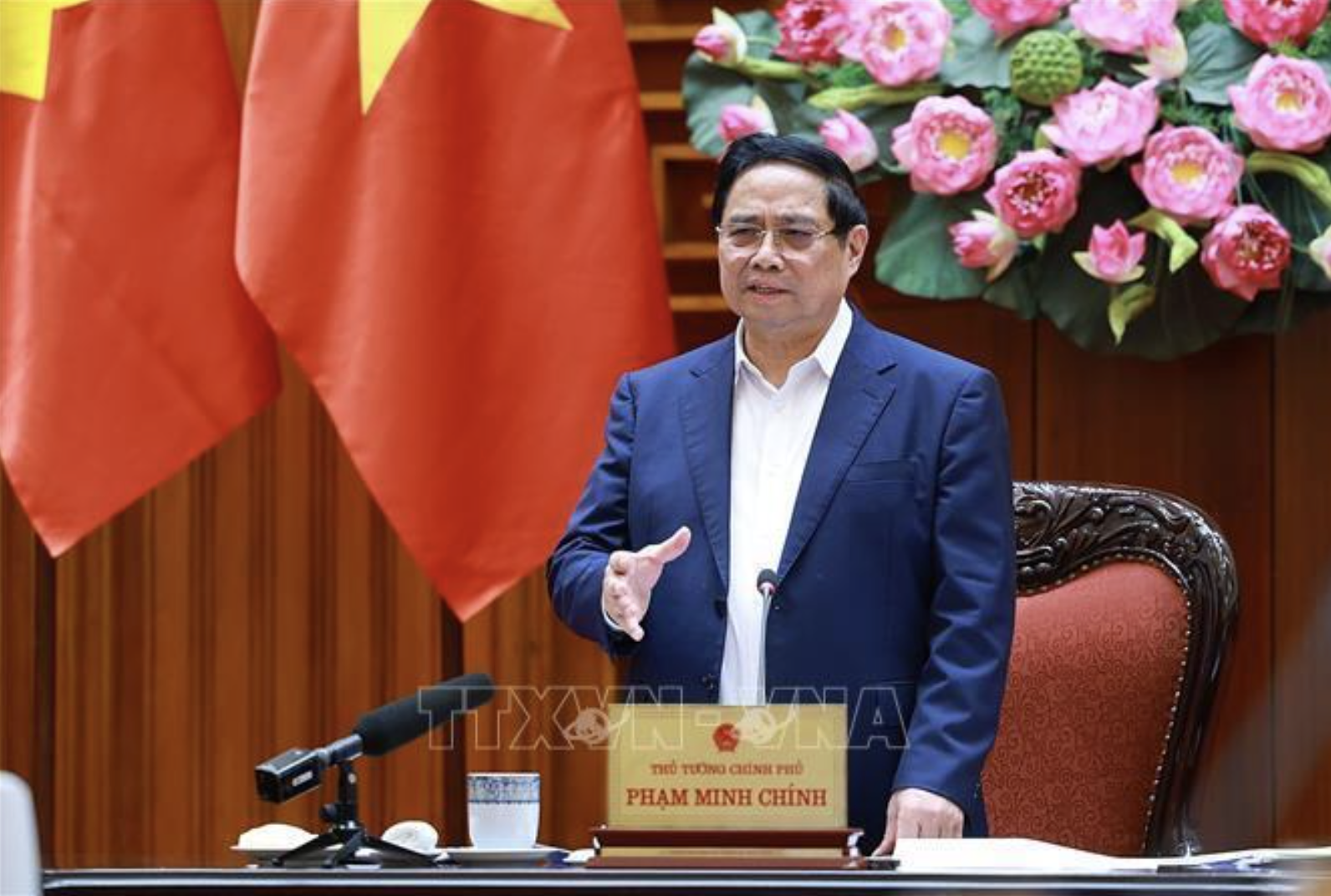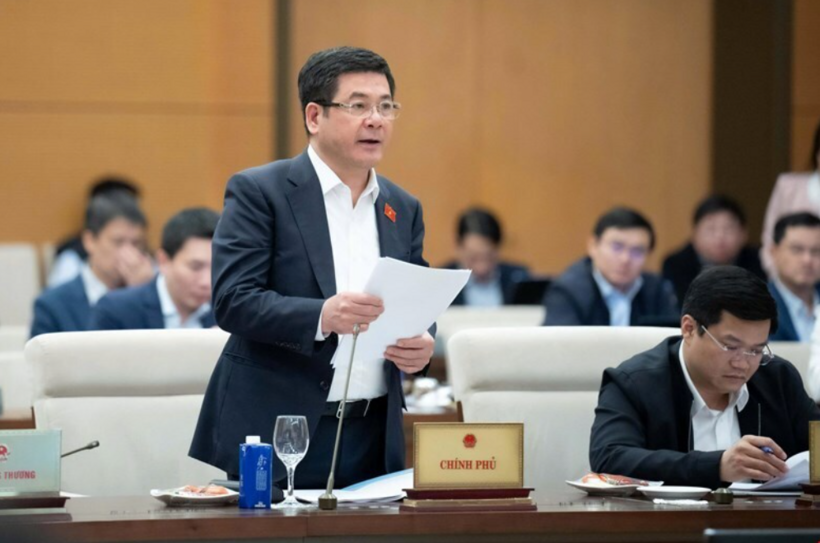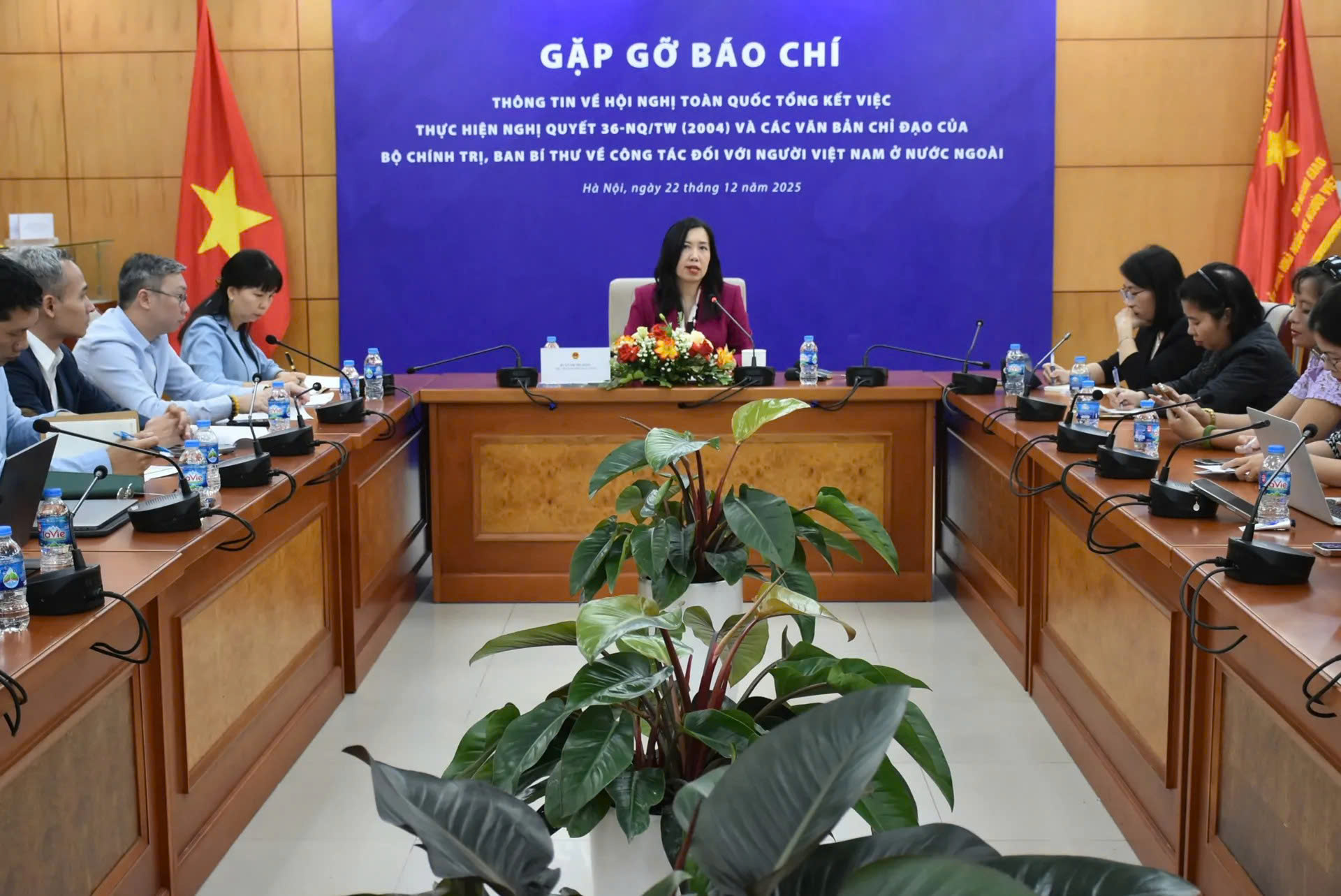
Prime Minister chairs permanent Government meeting on railway projects
19:05 | 23/03/2025 23:11 | 24/12/2025News and Events
Minister of Industry and Trade Nguyen Hong Dien presents a Government report on the draft Resolution of the National Assembly regarding mechanisms and policies to address obstacles to national energy development for the 2026-2030 period.
Removing practical bottlenecks
On the evening of November 24, during the 51st session, the National Assembly Standing Committee discusses the draft Resolution, which aims to remove institutional and policy bottlenecks and ensure national energy security, contributing to the successful implementation of the socio-economic development strategy for 2026-2030 and the sustainable development goals.

Minister of Industry and Trade Nguyen Hong Dien delivers remarks.
According to the Government’s report, Resolution No. 70-NQ/TW sets the requirement that all institutional bottlenecks hindering the energy sector's development must be resolved within 2025, making the issuance of the Resolution both necessary and urgent.
Presenting the proposal, Minister Dien states that, in line with the Law on Promulgation of Legal Documents and Resolution No. 70-NQ/TW, the Government submitted Report No. 1043/TTr-CP on November 11, 2025, asking the National Assembly Standing Committee to consider a draft Resolution on mechanisms and policies to address obstacles to national energy development for 2026-2030 under a simplified procedure.
Regarding adjustments to the national power development master plan and provincial power supply plans (Chapter II), Minister Dien notes that the Law on Planning lacks flexible mechanisms for adjustments, leading to project delays. Many provinces propose adding substations, transmission lines and connection plans to meet rising power demand, but the absence of flexible adjustment provisions has created bottlenecks. The draft Resolution therefore specifies principles, grounds, procedures and authority for flexible planning adjustments.
On investment in power projects (Chapter III), the Minister emphasises that projects already included in the power development master plan are exempt from investment policy approval procedures, except for those under the National Assembly’s authority, medium- and low-voltage grid projects, urgent power projects and offshore wind projects. The draft Resolution also provides for replacing investment policy approval decisions for certain energy business projects not subject to land auction or investor bidding.
For transmission grid projects in the master plan, provincial People’s Committees assign enterprises wholly owned by the State or their wholly owned subsidiaries as project investors. The draft also allows exemptions from operational years and financial reporting requirements when borrowing ODA funds, and prioritises capital allocation to increase the charter capital of the National Load Dispatch and Electricity Market Operations Company (NSMO), a newly established State enterprise operating in a monopoly sector.
More effective implementation of direct power purchase mechanisms
On offshore wind power (Chapter IV), the draft provides regulations on survey costs, investment proposal procedures and provincial authority for investment policy approval based on project power collection points. It also assigns the MoIT to publish survey and project areas and establishes mechanisms to designate large, reputable State-owned or Vietnamese enterprises to implement large-scale offshore wind projects linked with national defence, security and sovereignty protection. Additional rules define project location determination and enhance incentives for offshore wind development.
On direct power purchase (Chapter V), the draft expands eligibility for electricity retailers in industrial parks, economic zones, export processing zones, high-tech parks, concentrated IT zones and hi-tech agriculture zones to participate directly in the mechanism. It clarifies that electricity prices under direct power purchase will be negotiated and agreed upon by the parties.
Regarding investment in oil, gas and coal projects (Chapter VI), projects classified as nationally important or urgent are exempt from investment policy approval, except for those under the National Assembly’s authority and projects using public investment. The draft also allows replacement of investment policy approval decisions for certain key projects. Provincial People’s Committees may assign State-owned enterprises or their wholly owned subsidiaries as investors for important or priority oil, gas and coal projects listed in the national energy master plan.
On petroleum national reserves (Chapter VII), the draft focuses on mechanisms and policies to address obstacles in the Law on National Reserves related to petroleum storage, improving the effectiveness of national petroleum reserve management.
Chapter VIII outlines implementation provisions, including mechanisms for handling delayed energy business projects and post-inspection responsibilities.
Reporting on verification, Chairman of the Committee for Economic and Financial Affairs Phan Van Mai affirms the necessity of submitting the Resolution to the National Assembly at its 10th session. The draft dossier has been reviewed against relevant legal documents, including about 12 laws and one ordinance.
National Assembly Vice Chairman Vu Hong Thanh emphasised that the National Assembly Standing Committee highly appreciates the responsibility, proactiveness and close coordination among drafting and verifying agencies. The dossier is essentially complete and meets the requirements for submission to the National Assembly for feedback at the 10th session.

19:05 | 23/03/2025 23:11 | 24/12/2025News and Events

19:05 | 23/03/2025 23:06 | 24/12/2025Trade

19:05 | 23/03/2025 15:32 | 24/12/2025Trade

19:05 | 23/03/2025 16:32 | 23/12/2025News and Events

19:05 | 23/03/2025 16:30 | 23/12/2025Trade